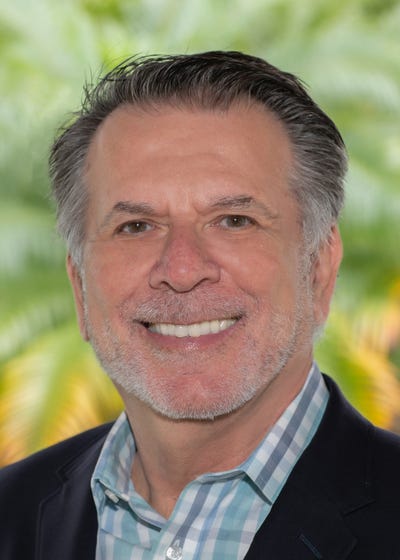401(k) Real Talk Transcript for November 1, 2023401(k) Real Talk Transcript for November 1, 2023
Transcript of Episode 82 of 401(k) Real Talk.
Greetings and welcome to this week’s edition of 401k Real Talk. This is Fred Barstein contributing editor at WealthManagement.com’s RPA Edge and CEO at TRAU, TPSU & 401kTV - I review all of last week’s stories and select the 5 most important and interesting ones providing open honest and candid discussion you will not get anyway else. So let’s get real!
Private equity has its eye on retirement accounts—KKR recently raised $2 billion from IRA investors on Fidelity and Schwab’s platform for their infrastructure conglomerates. Traditional institutional investor money has been drying up as interest rates rise and firms look to diversify.
With $11.5 trillion in IRAs and almost $800bn rolling out of DC plans which has close to $10 tr , KKR will not be the only PE firm tapping retirement plans as a way to capture assets of the mass affluent.
And while not able to be offered as a stand along investment, many experts predict PE will get a healthy share of the sleeves in professionally managed investments like TDFs just as they do with DB plans offering non-correlated investments previously available only to high net worth & institutional investors.
While many experts may argue whether ERISA litigation has improved or hurt DC plans, no one will argue that they have not profoundly affected them. In Q3 alone, 58 cases have been filed, settled or decided.
Some like Brad Campbell, ERISA atty and former DOL official, argue that these lawsuits have perpetuated “fiduciary myths” that index funds and lower fees reduce risk.
Others argue that they have significantly reduced fees, and created a higher level of scrutiny and monitoring by plan sponsors as well as more investment options and less proprietary funds and company stock.
Some believe that these lawsuits thwart innovation, a theory not shared by most institutional consultants in a recent study. They have created more RK RFPs and soon for advisors and consultants and have driven some larger plans to join PEPs.
With 50% of $1bn plans likely to be sued and litigation sure to hit smaller plans and RPAs, good or bad, the genie is out of the bottle.
Though assets in HSAs have ballooned to $116 billion, according to a Morningstar report with fees declining and investment choices improving, many are still disappointed about their lack.
Morningstar cites the lack of transparency, ease of use and high fees as inhibitors to the triple tax benefit HSAs only available in high deductible healthcare plans.
The concern is that few participants see HSAs as an investment account which may require more education and awareness with both plan sponsors and participants as wealth, retirement and benefits continue to converge at the workplace.
Dave Gray, head of Workplace Retirement Products & Platforms at Fidelity Investments, discusses blockchain, the new Portability Service Network, and a growing threat to fiduciary RPAs in a revealing conversation with WealthManagement.com.
Gray explains the difference between blockchain, which has great potential for the industry to safely work with DC participants, and cryptocurrency. Though few plans and RPAs are adopting crypto, Dave warns, “love it. Hate it. Learn it.”
The Portability Service Network, which now includes the top 6 DC RKs covering 80% of participants, allow for frictionless transfers of accounts when participants change jobs. It also establishes a data exchange protocol that could pave the way for other services like retirement income.
And as RPAs search for additional revenue as plan fees continue to decline precipitously, proprietary products and services for which they are paid extra pose the same dangers that drove brokers out of the DC market 10-15 years ago.
Though TDFs are garnering most new DC contributions and the industry abuzz about managed accounts, plan sponsors and RPAs still need to make important decisions about the investment lineup.
In my column this week on WealthManagement.com, I review:
The need to customize the menu based on workforce demographics
Index v. active funds
The optimal #/choices
TDFs v. managed accounts as the default
Private label multi manager options
CITs v. mutual funds
Lots of choices and opportunities for RPAs to show their value.
So those were the most important stories from the past week. I listed a few other stories I thought were worth reading covering:
Please let me know if I missed anything or if you have any comments. Otherwise, I look forward to speaking with you next week on 401kReal Talk.
Watch the video
About the Author
You May Also Like







